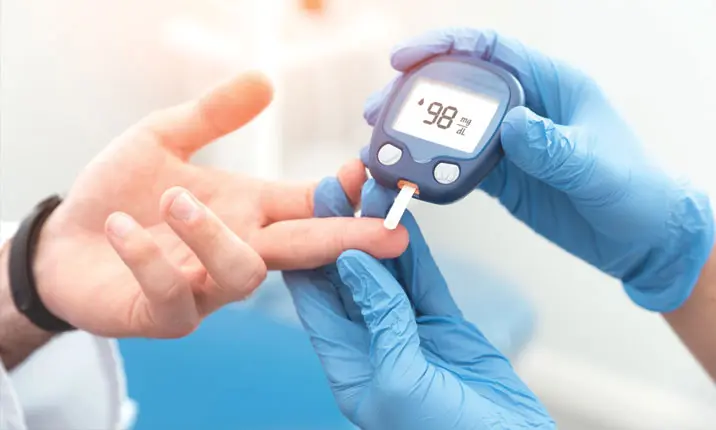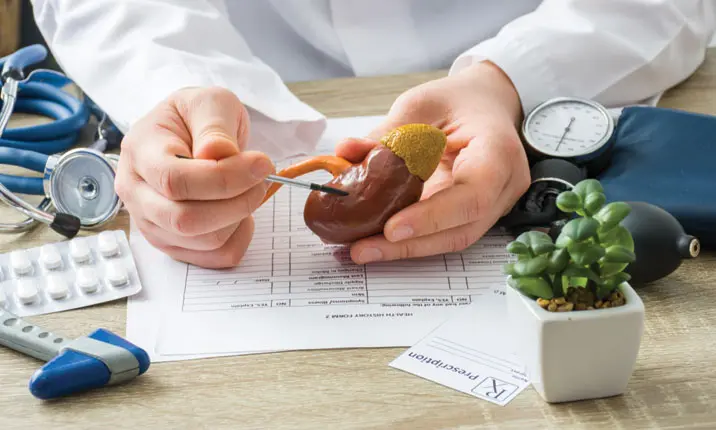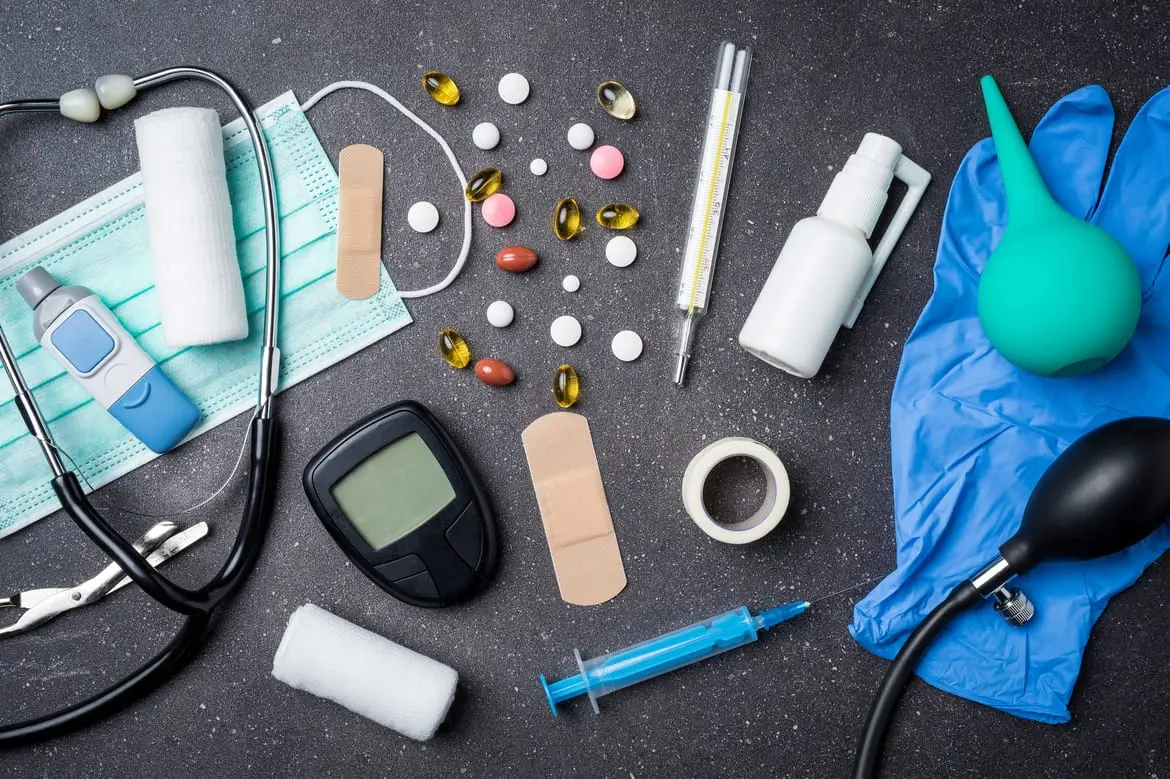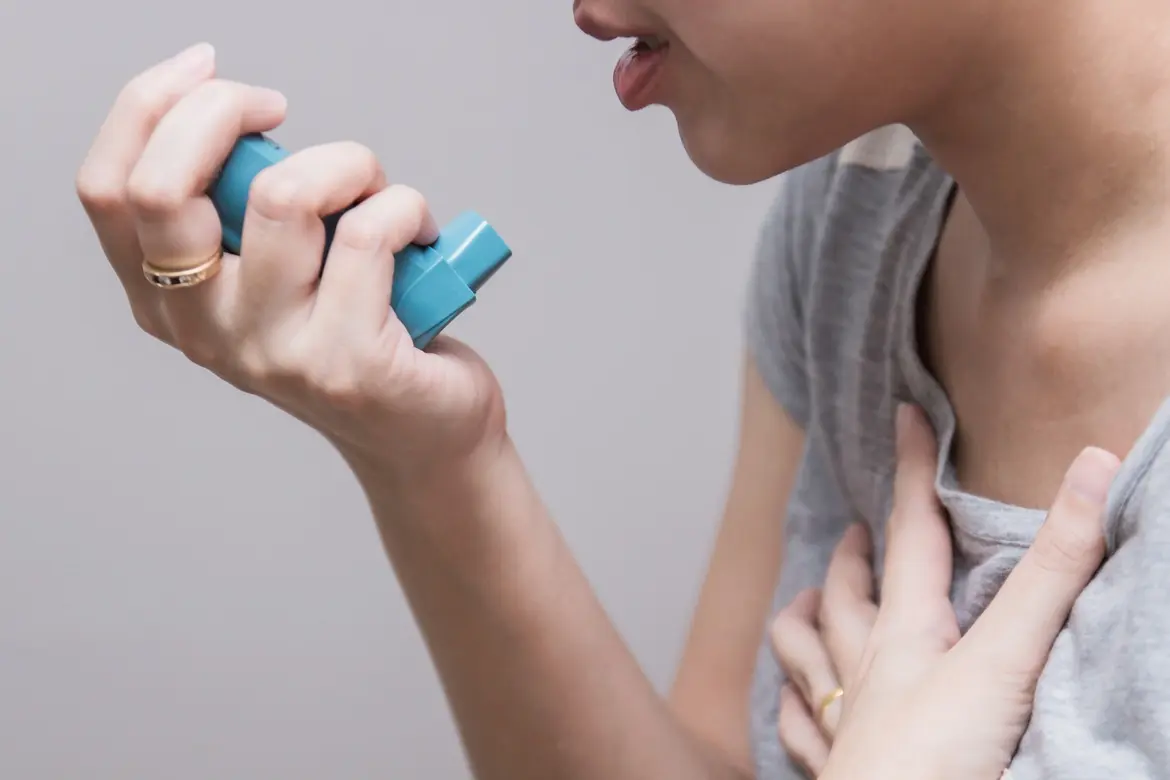What exactly does a "pre-existing condition" mean and who's at risk? In Italy, a country faced with one of the worst outbreaks of the new coronavirus, 99% of COVID-19 patients who died had at least one pre-existing health condition. In England and Wales, the Office of National Statistics (ONS) reports that amongst those who died from COVID-19 in March, 9 in 10 people were already living with at least one other known health condition before they became ill with the coronavirus.
Mount Elizabeth Hospitals' specialists share what some of these 'pre-existing' conditions are and how to manage your health if you are at risk.
High blood pressure
Hypertension, or high blood pressure, puts patients in poor cardiovascular health. While the connection between the two conditions is not fully understood, doctors believe that the strain that the new coronavirus puts on the lungs may impact the heart as well. If you have heart issues, you also have a compromised immune system, which can increase your risk of coronavirus complications. Initial media reports speculated about a link between common blood pressure drugs ACE-inhibitors/angiotensin receptor blockers and disease severity. However, this has not been confirmed and current advice is to continue all blood pressure medication unless your doctor advises you to stop it.
Diabetes
COVID-19 may pose a significantly higher health risk to people with diabetes who have higher blood glucose levels. If you have diabetes, you are likely to have a compromised immune system, which also makes it more difficult for your body to fight the coronavirus. Diabetes may also lead to chronic inflammation, compromised pancreatic function and hypercoagulability of the blood, which in turn leads to a higher risk of developing complications from the coronavirus.
Heart disease
Patients with cardiovascular conditions are more likely to have severe symptoms, and a worse outcome if they contract COVID-19. Based on the data from ONS, 14% (541 people) of the COVID-19 deaths recorded in England and Wales had ischaemic heart disease, including those who have suffered a heart attack or live with angina, making this the most commonly associated pre-existing condition mentioned on the death certificate.
In Italy, nearly a quarter of the patients who have passed away from the coronavirus were found to have atrial fibrillation, a condition defined by a quivering or irregular heartbeat that can cause blood clots, heart failure and stroke. It is therefore important that patients with pre-existing heart disease be extra vigilant about protecting themselves from exposure to the virus.
Cancer
Both the cancer itself as well as its harsh treatments can compromise immune health and impair the respiratory system. Some treatments such as chemotherapy may stop the bone marrow from creating sufficient white blood cells, which form part of the immune system. Those with leukaemia or lymphoma are also at a higher risk of developing severe symptoms from COVID-19 as these conditions directly affect the immune system.
Chronic kidney disease
This is another pre-existing condition that has been shown to complicate recovery from COVID-19. Kidney disease has also been present in nearly a fifth of patients that have died from COVID-19.
Lung disease
Patients with lung diseases such as emphysema or bronchitis have a weakened ability to fight off a respiratory infection, including the coronavirus. COVID-19 can attack the lungs, causing inflammation in the lining of the lungs as well as the air sacs at the bottom of the lungs, which can then lead to pneumonia. This inflammation may reduce the amount of oxygen entering the blood stream, which can have fatal consequences when vital organ failure happens.
Stroke
While having had a stroke itself doesn't create complications in your body's ability to fight off coronavirus, patients who have had a stroke typically suffer from one or more of the other pre-existing conditions described above.
Dementia
As with stroke, dementia in itself does not inhibit the body from fighting the coronavirus. However, as the condition causes memory loss, patients may forget to follow basic hygiene requirements such as washing their hands frequently, which can make them susceptible to catching the virus. Some 10% of patients that succumbed to the new coronavirus in Italy suffered from dementia.
Liver disease
Liver transplant patients are at greater risk of complications from coronavirus due to the immune-suppressing medication they need to take to stop their body from rejecting the transplanted liver. While the new coronavirus is still not fully understood, it is thought to be able to adversely affect an otherwise healthy liver. A study in China found that up to half of the new coronavirus patients had liver dysfunction at some point during their illness.
How to protect yourself if you have any of these pre-existing conditions
With an immune system that is already compromised, you need to take measures to avoid catching COVID-19.
These include:
- Washing your hands thoroughly and frequently
- Disinfecting high-touch surfaces
- Staying home if and when possible
- Practising safe distancing of 2 metres when out in public,
- Staying up to date with your vaccinations, including the influenza vaccine (this won't protect you against COVID-19 but will stop you developing influenza on top of the new coronavirus)
- Keeping essential medication in stock
- Continuing your medical appointments such as dialysis unless advised otherwise by your doctor
- Continuing with all prescribed medication unless told otherwise by your doctor
- Refraining from smoking – cigarette use has been proven to be detrimental to the immune system and airway lining cells that contain cilia on their surface. Cilia is essential for our bodies to fight against viruses such as COVID-19. Smokers are also possibly more prone to a COVID-19 infection
- Carrying your inhaler around with you if you suffer from asthma
- Keeping physically active with exercises that can be done indoors
If you develop a persistent cough and fever that doesn't improve or gets worse over the next few days, seek medical attention for an accurate diagnosis and inform the doctor of the pre-existing medical condition(s) that you have.















